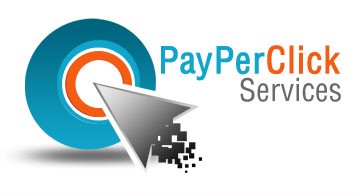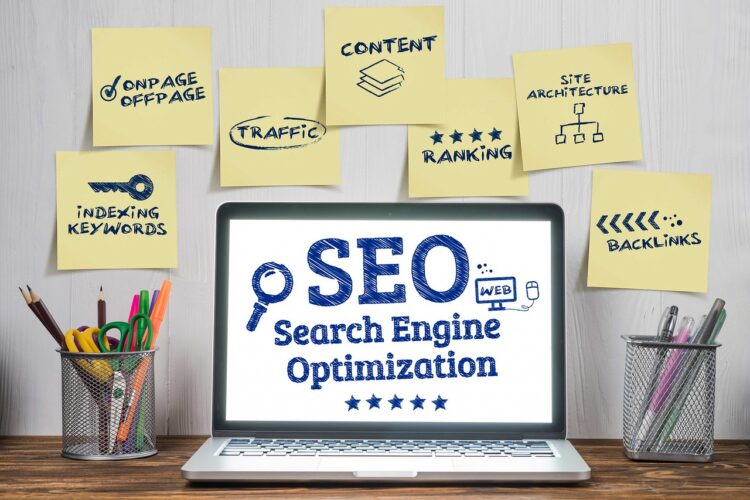
What is Digital Marketing? Channels, Benefits, and Strategy
It all starts with a business idea that would disrupt the market. You move forward with creating a website or an app with the hope that your target audience would love it. But, what if it fails to revolutionize the market? You had everything in place and a solution that could solve a user problem — but, did you market it? For an online business to be successful, you need to upscale digital marketing efforts.
Digital marketing ensures that your business reaches the right audience, at the right time, and on the right platform. It helps you move a potential customer from the awareness to the purchase stage, which, in turn, helps improve the bottom line.
Where almost every business understands the importance of digital marketing, not all can implement a successful strategy. According to Hubspot, only 61% of marketers believe their marketing strategy is effective.
In this write-up, we’ll explore what is digital marketing and how to create a winning strategy for your business.
What is Digital Marketing?
Digital marketing is a type of advertising done on digital platforms such as email, content marketing on websites, social media platforms, search engines, or even pay-per-click.
Digital marketing is similar to narrating an intriguing brand story to your audience so that they listen.
In the words of Seth Godin,
Marketing is no longer about the stuff you make, but about the stories, you tell.
For a digital marketing strategy to be successful, you need to advertise about how it will benefit your audience instead of what you make and how you make it.
What are the Types of Digital Marketing?
A digital marketing strategy can be implemented through different channels, such as:
Search Engine Optimization (SEO)
The goal of SEO is to use the right keywords with the right search volume and use it across the content so that you can improve Google rankings.
About 64% of marketers actively invest time in search engine optimization (SEO). — Hubspot
SEO relies on short-tail and long-tail keywords, inbound and outbound links, meta descriptions, and site speed to help the content rank on Google. With the right SEO strategy, you can increase website traffic and build a positive reputation for your brand.
Pay-Per-Click (PPC)
PPC is paid advertisement that appears on different platforms such as Google and Facebook. Whenever a user clicks on the ad, you have to pay to the platform where the ad is displayed.
These ads might seem expensive at first. But when you choose the right platform, create the right content and actionable CTAs, the return on investment on PPC can exponentially increase.
Social Media Marketing
Social media marketing involves posting engaging and valuable content on platforms such as Facebook, Twitter, LinkedIn, Instagram, Pinterest, etc.
Improved traffic, lead generation, and growing fan loyalty are among the top reasons why marketers see value in employing social networks in their campaigns. — Statista
The more likes, comments, and shares — the better the chances of reaching the wide audience and redirecting them to the website or app.
Email Marketing
Email marketing is the most effective digital marketing channel to reach your target audience. Businesses are actively spending time and resources on creating email marketing campaigns.
Email marketing is the second most effective strategy to build brand awareness. — Campaign Monitor, 2021
Email marketing should focus on creating informative, relevant, personalized, and engaging copies that would achieve the desirable open and click-through rates.
Benefits of Digital Marketing
The most prominent benefits of investing in digital marketing involve:
Maximize your Reach
About 3.5 billion people use the internet today. Traditional marketing will only help you expand your reach locally, whereas a digital marketing strategy will help advertise globally.
The best part is that you can segment your audience based on “who is more likely to buy from you,” i.e., your most potential customers, and create a personalized digital marketing strategy based on their interests.
Tracking Abilities
You can track your digital marketing success with the help of data analytics tools such as Google Analytics. This helps in tracking website visits, downloads, clicks, shares, likes, bounce rates, etc.
For instance, you are spending on Facebook ads but it is not bringing in results (probably because your target audience is not using Facebook), you can minimize your efforts and spending on the platform to divert your spending towards Google ads.
This ability to track and optimize your strategy helps in redirecting efforts towards channels that will prove lucrative in the long run.
Maintains Competitive Edge
Search engine optimization (SEO) rankings play a vital role in digital marketing success. The higher the content ranks the better the chance of getting noticed. SEO involves working around the right keywords that have a good search volume for the demographics you are targeting.
With an SEO strategy in place, you are likely to rank higher on Google, thus, a better opportunity to get ahead of the pack. However, you need to ensure that you serve high-quality content to your audience as Google prioritizes content that provides value.
Ability to A/B Test
If something does not work or produces the desired click-through rates, you can try other options. This is the concept behind A/B testing. For instance, you placed a call-to-action (CTA) in the middle of the content, but it does not show a positive response.
In this case, you can try the other CTA option and see how it performs. Digital marketing allows experimenting, which thus helps optimize your strategy according to what works best for your brand.
Traction Across the Sales Funnel
A sales funnel mainly comprises four stages — awareness, interest, and decision. Digital marketing helps a prospective buyer move from the awareness to the action stages without missing a beat.
For instance, PPC advertisements and social media campaigns can help in creating awareness. Interest can be evoked with the help of demos of how the service/product can help them. And, personalized email marketing campaigns can help drive informed decision-making.
What is a Digital Marketing Strategy?
A digital marketing strategy is a set of steps that your brand follows to build awareness and drive purchase decisions in your favor.
The four steps to implement a digital marketing strategy involve:
Create Buyer Personas
Identify your audience, their pain points, location, likes, dislikes, channel preferences, etc. You can do this by categorizing your target audience under common traits and creating buyer personas that help you develop a deep understanding of your audience.
Here’s a buyer persona template to refer to:
Choose the Relevant Channels
Choose the channel that your target audience uses the most. For example, if you are a B2C business, relying on channels such as Facebook and Instagram is a wise strategy.
However, if you are a B2B brand, relying on channels such as Twitter and LinkedIn should be a part of your strategy.
Choose the Right Metrics
What metrics will you use for measuring digital marketing success? Here are a few to choose from:
Click-through rate
Impressions
Conversion rate
Return on ad spend (ROAS)
Lifetime customer value
Choose the relevant metrics that suit your business type and constantly measure your efforts around these metrics to ensure maximum benefits.
Implement and Optimize
Start leveraging your chosen digital marketing channels and measure their effectiveness daily. If something isn’t working for you, try a different digital marketing strategy and channels.
The strategy should be to upscale digital marketing efforts on the channels that witness the most engagements.
Conclusion
Digital marketing is indispensable in the current times when the number of websites on the internet is around 1.95 billion. For your business to be visible, having a robust digital marketing strategy is a step towards growth.
There is a lot that goes into digital marketing. Sometimes it can get challenging to manage the core business activities while managing marketing efforts. This is why outsourcing digital marketing services is recommended as it is always cost-effective to hire digital marketing experts over building a team of your own.
In the end, it is all about making your company look smart with effective digital marketing!






admin
April 11, 2021Nice blog